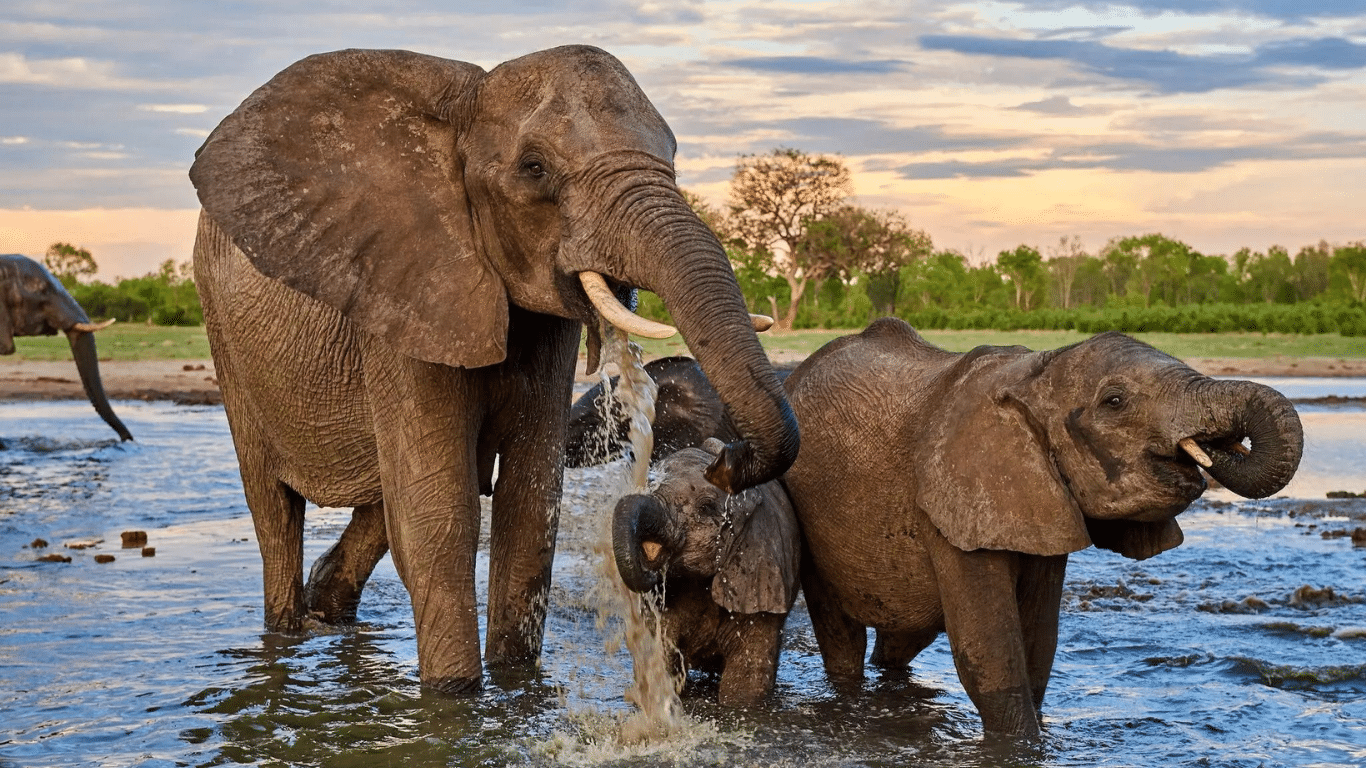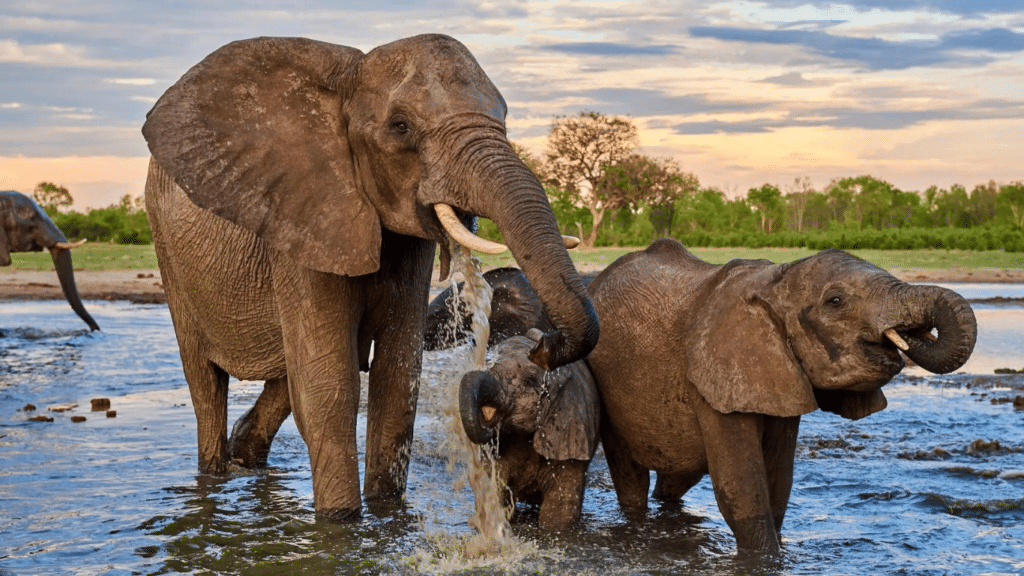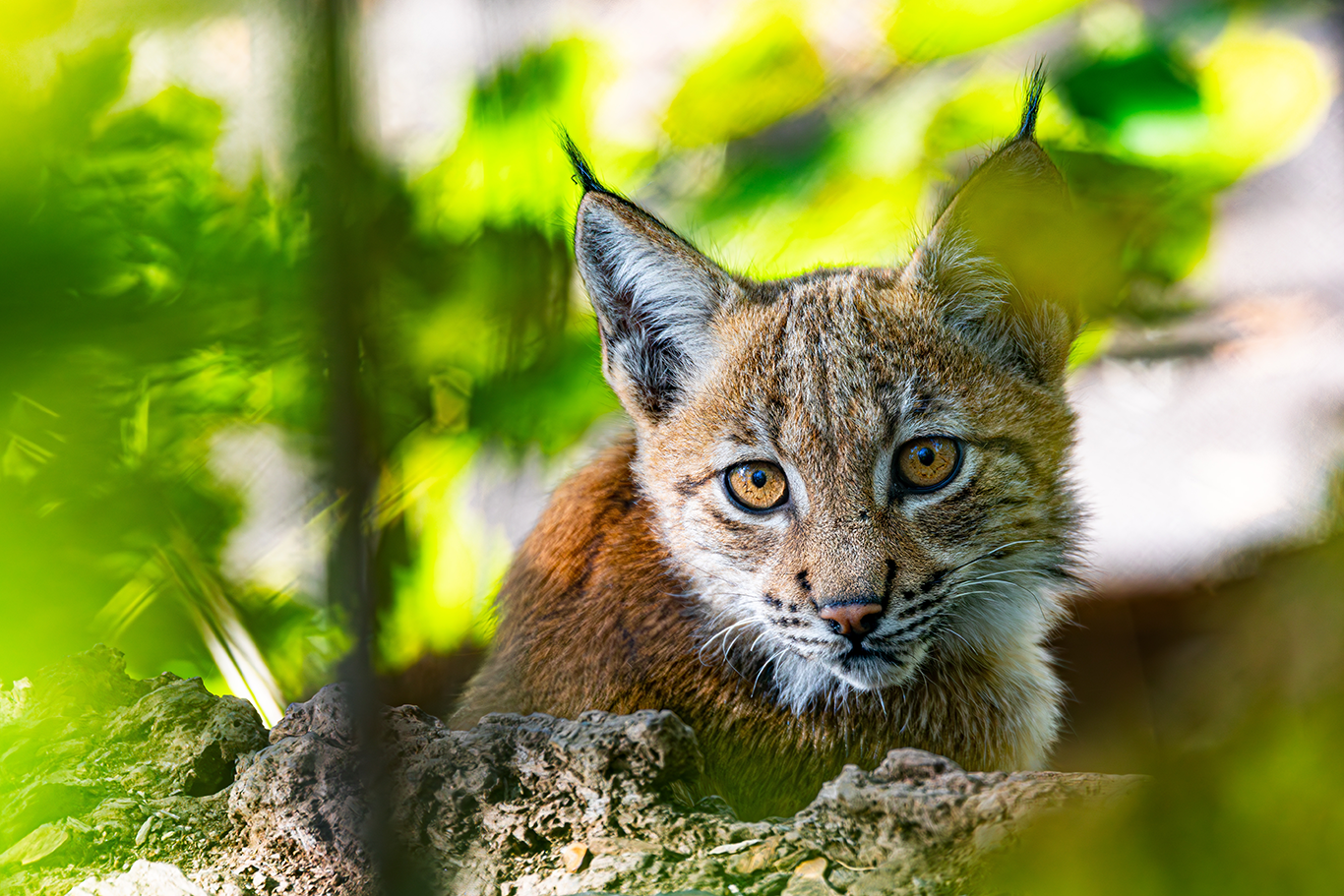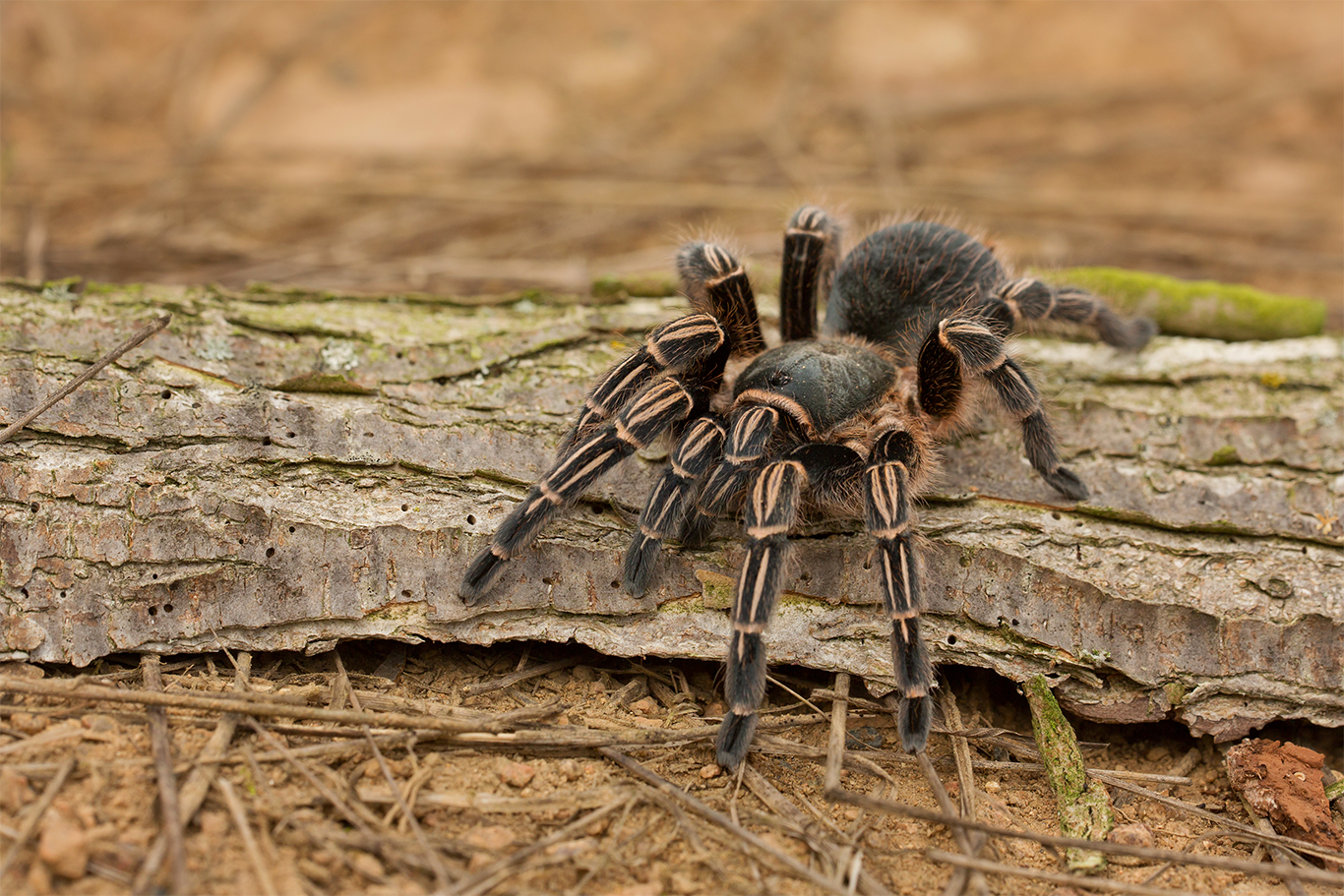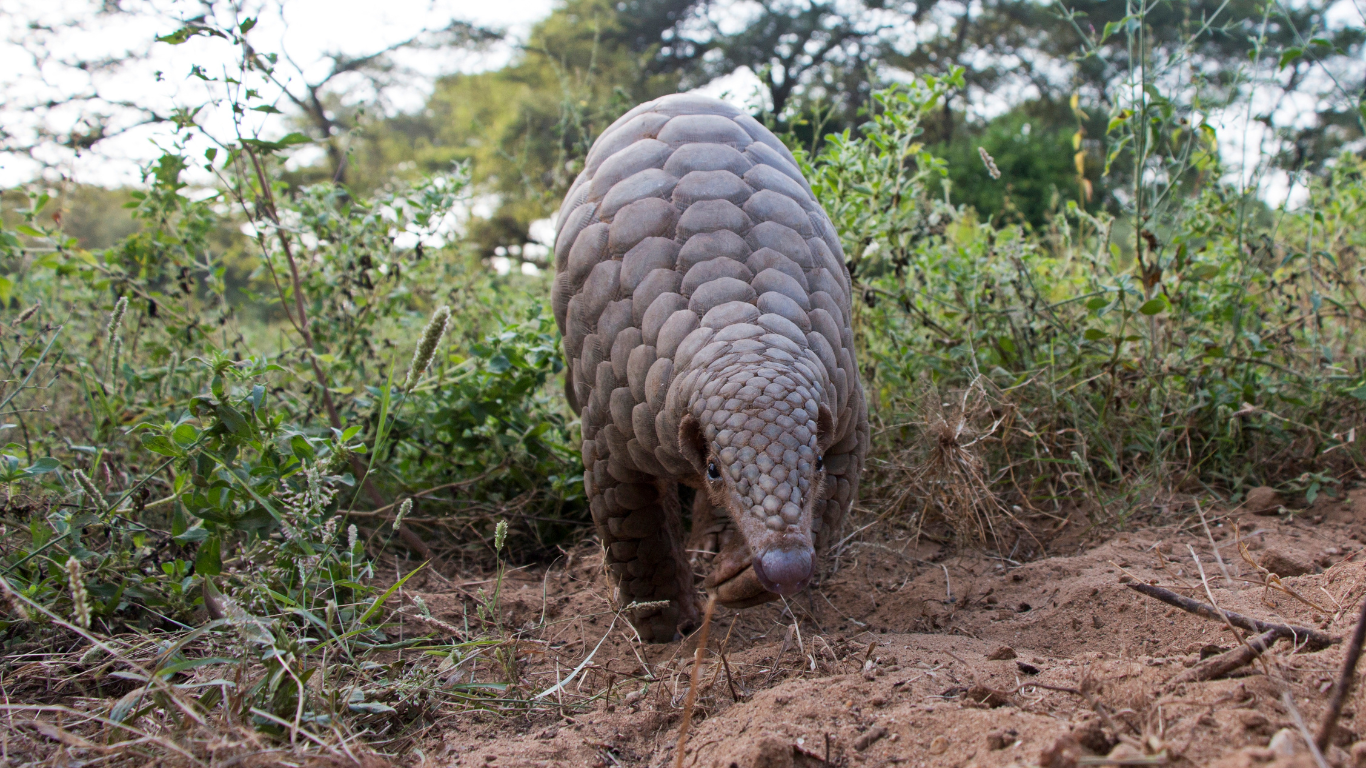Adapted from article written by Miranda Green
Originally published by New York Times (Friday, April 1, 2022)
The US Fish and Wildlife Service informed some hunters last month that it would allow the import of six elephant trophies into the United States from Zimbabwe. The African elephant carcasses will be the first allowed into the country in five years.
The decision reverses an agency-wide hold on processing elephant trophy import permits that was put in place during the Trump administration in November 2017, and has since prevented any elephant tusks, tails or feet from being brought into the country.
The reversal is the result of a September 2021 settlement with the Dallas Safari Club, a big-game hunting organization that sued the Trump administration for pausing trophy permit processing. The Fish and Wildlife Service is required under the settlement to process the permits of the 11 hunters named in the suit, as well as 73 other outstanding permit applications. That could potentially lead to additional trophies being brought into the United States from countries that allow limited hunting of elephants for sport.
The service’s decision to settle the lawsuit continues a long-running dispute between hunters and biodiversity experts over whether trophy hunting is beneficial or harmful to big game species, particularly endangered animals like the two species of African elephants.
For trophy hunters and big game groups, the reversal came as a long-delayed win.
“It’s a victory for conservation because in a lot of these places where elephants reside, the habitat is only made available because of hunting dollars,” said Lane Easter, 57, an equine veterinarian in Texas whose trophy permit was approved under the settlement for a Zimbabwe hunt he did in 2017.
The majority of trophy hunters are from the United States. Under the federal Endangered Species Act, hunters must prove before they import a trophy that killing the animal aided in the “positive enhancement” of a species.
The Fish and Wildlife Service’s perspective is that trophy hunting can qualify as species enhancement if it’s “legal, well-regulated hunting as part of a sound management program,” the agency spokesperson said.
Big game hunters say that the money they spend on hunts is later invested in the rehabilitation of the species and economically benefits nearby communities, preventing poaching. They also say that hunting certain animals like elephants and lions can benefit overall herd health. Hunters can spend upward of $40,000 (£30,480) on an African hunt in Zimbabwe, Tanzania, Zambia and Namibia.
But groups like Humane Society International say that hunting a species does not benefit its survival and that the Fish and Wildlife Service should not allow paid hunts to qualify as a method of species enhancement, especially on animals the United States considers threatened. The International Union for Conservation of Nature in 2021 revised its listing for both species of African elephant to highlight that both are at greater risk of extinction.
Critics also say there is little proof that money paid for a hunt ultimately helps the species recover, especially when corruption has been found to be rampant in several of the countries where African elephants reside.
So far, the Wildlife Service said it had processed eight permits. In addition to the six it allowed, it denied two, and it is expected to rule in coming months on more.
“African elephants currently face the threat of poaching which has led to both species becoming endangered,” says Tayla Lance of Animal Survival International.
“By allowing hunters to import elephant trophies from African countries, the US Fish and Wildlife Service is playing an active role in pushing the species closer to the brink of extinction. This decision undermines successful conservation efforts aimed at saving the iconic species.”
Banner: Eric Baccega/agefotostock, via Alamy

